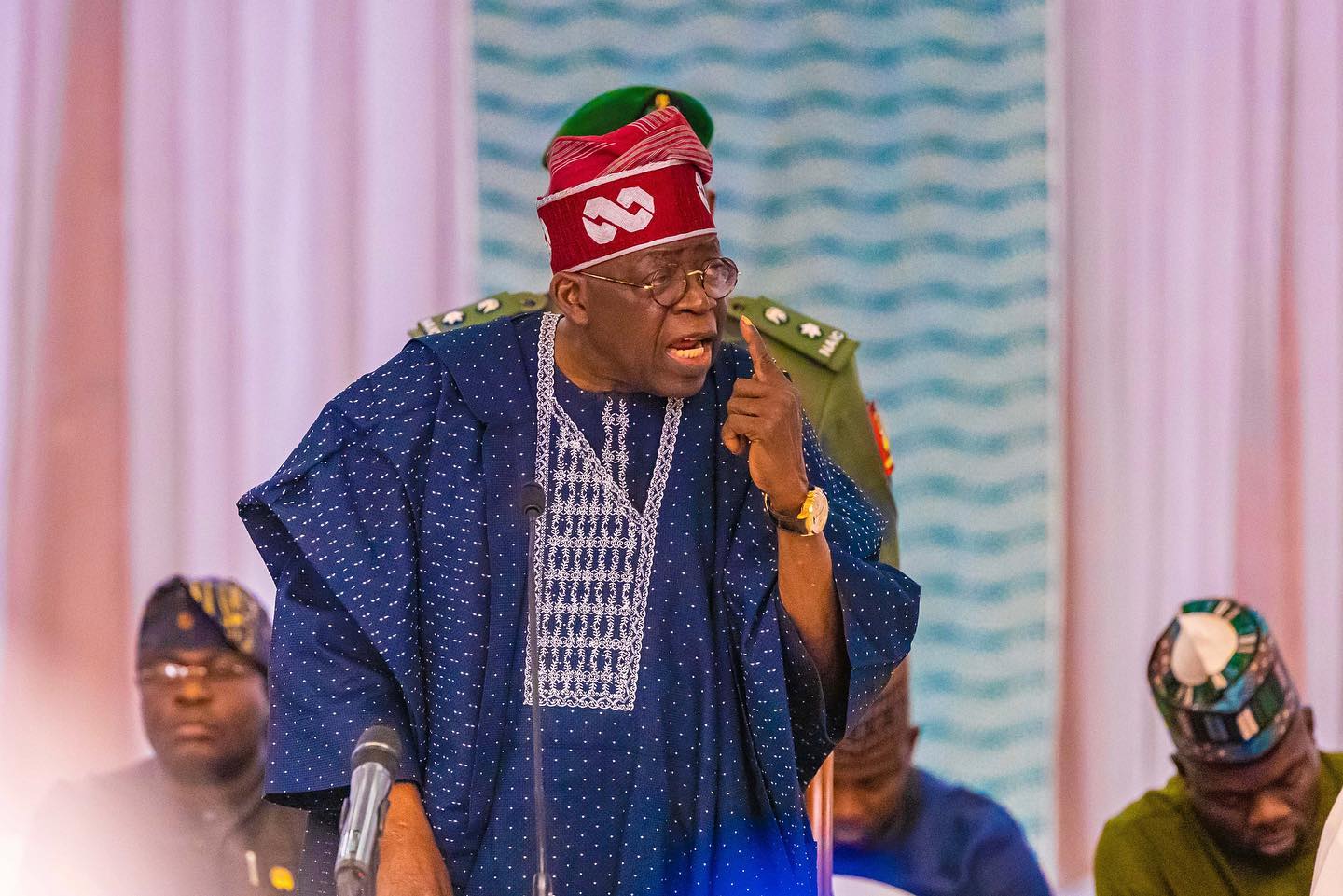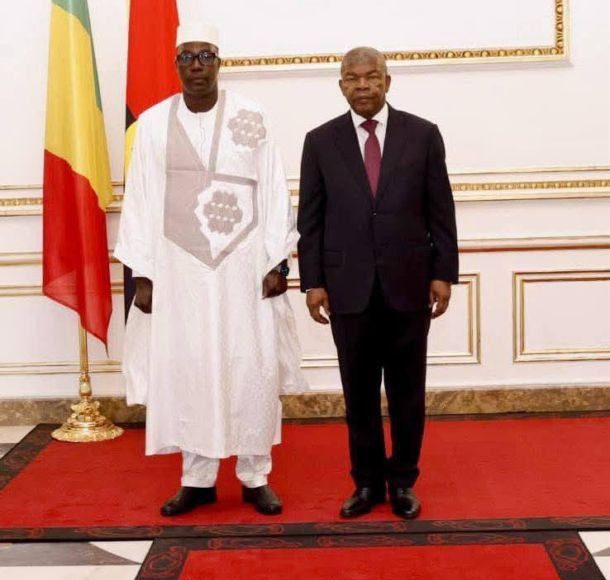
President Tinubu bans FEC members from purchasing petrol-powered vehicles

President Bola Tinubu has issued a directive banning members of the Federal Executive Council (FEC) from purchasing petrol-dependent vehicles. This he pointed out, is aimed at driving utility and curbing high fuel costs.
The announcement was made by Chief Ajuri Ngelale, the Special Adviser to the President on Media and Publicity, in a statement released on Monday evening, May 13, 2024.
Ngelale emphasised that the directive aligns with Tinubu’s vision for energy reform and his determination to promote the adoption of compressed natural gas (CNG) as an alternative fuel source.
Speaking at the State House during a meeting with members of the Federal Executive Council, President Tinubu reiterated the urgency of transitioning to cleaner energy solutions. He emphasised that Nigeria cannot afford to stagnate and must embrace progressive measures to propel the nation forward.
This nation will not progress if we continue dancing on the same spot. We have the will to drive the implementation of CNG adoption across the country, and we must set the example as public officials in leading the way to that prosperous future that we are working to achieve for our people. It starts with us, and in seeing that we are serious, Nigerians will follow our lead.
In line with the directive, President Tinubu instructed FEC members to reject all proposals for purchasing traditional petrol-dependent vehicles.
Instead, they are tasked with procuring CNG-compliant vehicles, emphasising the need for value-driven procurement practices.
In states like Edo and Lagos, CNG fuel consumption began a few years ago in Nigeria. It has recently started to spread to other cities. In addition, the high price of diesel and the recent removal of fuel subsidies in Nigeria have led to a slight rise in the usage of CNG as a fuel.
Regretfully, there is still a low adoption rate for several reasons, such as a high rate of vehicle engine knockdown, high conversion costs, and unavailability of CNG stations and CNG fuel.
Read: Nigeria’s Oil Output Increases by 4% in April – OPEC Report
About The Author
Related Articles
Zimbabwe Rejects $350m US Health Deal Over Sovereignty Dispute
Zimbabwe has formally withdrawn from negotiations on a proposed $350 million health...
ByWest Africa WeeklyFebruary 25, 2026Niger’s President Outlines Vision for Strategic Partnership with China
Niger’s Head of State, General Abdourahmane Tiani, has articulated a renewed vision...
ByWest Africa WeeklyFebruary 25, 2026Fire Destroys 140 Tonnes of Cotton in Western Burkina Faso
A major fire has destroyed more than 140 tonnes of cotton in...
ByWest Africa WeeklyFebruary 25, 2026Mali’s New Ambassador to Angola Presents Credentials, Pledges Stronger Bilateral Ties
Diplomatic relations between Mali and Angola entered a new phase on February...
ByWest Africa WeeklyFebruary 25, 2026











